How Top Trends Are Powering India’s EV Charging Station Revolution.
Published: 2025-11-27
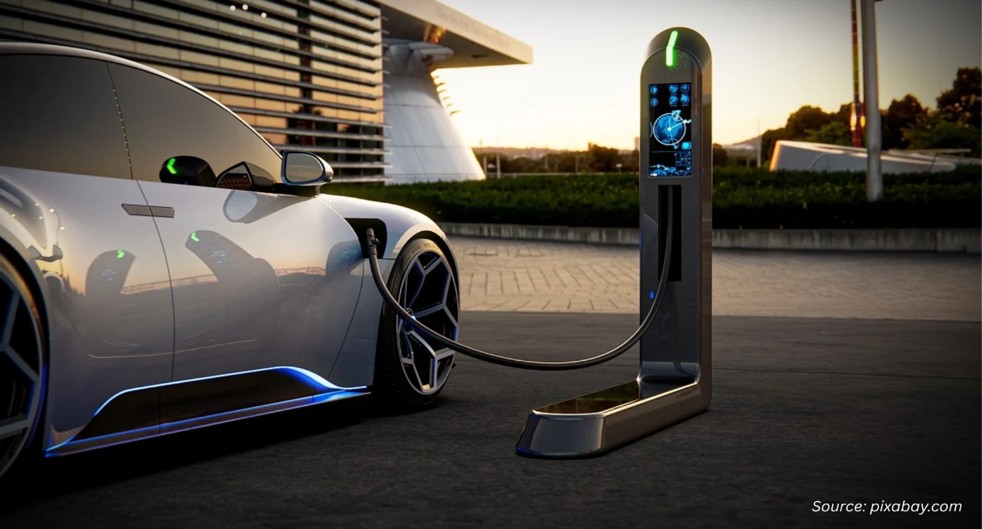
Electric vehicle (EV) charging infrastructure is rapidly becoming a cornerstone of India’s clean mobility transition. It encompasses a complex ecosystem of interconnected technologies designed to efficiently manage and deliver energy to electric vehicles across diverse environments. From residential and workplace charging to public fast-charging hubs and battery-swapping stations, these systems are evolving into intelligent, connected platforms that optimize performance, reliability, and user experience. As EV adoption accelerates across personal, commercial, and fleet segments, developing a robust and widespread charging network is critical to support seamless mobility, enhance accessibility, and drive India’s transition toward sustainable and electrified transportation.
According to Next Move Strategy Consulting the India EV Charging Market size was valued at USD 348.5 million in 2024 and is expected to reach USD 487.1 million by the end of 2025. The industry is projected to grow, hitting USD 1652.2 million by 2030, with a CAGR of 27.67% between 2025 and 2030. In terms of volume, the market recorded 454 thousand units in 2024, with forecasts indicating growth to 653 thousand units by 2025 and further to 2507 thousand units by 2030, reflecting a CAGR of 30.9% over the same period.
Curious about the Real Estate Market? Grab a FREE Sample Now
India’s EV charging market is undergoing rapid expansion, with infrastructure evolving far beyond simple plug-in points to become a connected and intelligent network. Modern charging stations are designed to interact seamlessly with electric vehicles, users, and the power grid, enabling efficient energy distribution, predictive maintenance, and integration with renewable energy sources. User-centric features such as real-time charger availability, reservation systems, and cashless payment options are enhancing convenience and accessibility. As electric vehicle adoption grows across personal, commercial, and fleet segments, the development of a widespread, reliable, and adaptive charging network is critical to supporting India’s transition to sustainable mobility and building confidence in the nation’s e-mobility ecosystem.
Government policies and regulatory frameworks are providing a strong foundation for this technological evolution. National programs and state-level initiatives are encouraging the development of standardized, future-ready infrastructure through incentives, guidelines, and public–private partnerships. At the same time, private companies are increasingly investing in advanced charging technologies and network expansion, driving innovation and competition in the sector. Together, these efforts are positioning India’s EV charging ecosystem as an intelligent, sustainable, and integrated network crucial for achieving the country’s electrification and net-zero mobility goals.
Government policy incentives & subsidy schemes
Government policy incentives and subsidy schemes play a pivotal role in accelerating the growth of India’s EV charging market. Through targeted policies and financial support, the government encourages the establishment of widespread charging infrastructure, making it easier for businesses and investors to deploy stations across cities, highways, and public spaces. These incentives help reduce the upfront cost and operational barriers associated with setting up EV charging networks, fostering greater private sector participation. By providing a supportive policy environment, the government is driving the expansion of reliable and accessible charging infrastructure, which is essential to sustaining India’s rapidly growing electric mobility ecosystem.
Regulatory Guidelines & Technical Standardization
To support the accelerating growth of India’s electric vehicle (EV) charging market, the government has introduced a robust framework of regulatory guidelines and technical standards aimed at ensuring safe, efficient, and standardized deployment of charging infrastructure across the country. Central to this effort are the Ministry of Power’s “Guidelines for Installation and Operation of Electric Vehicle Charging Infrastructure-2024,” which provide detailed specifications covering equipment design, installation procedures, operational protocols, and safety measures. These guidelines not only define technical requirements for various types of chargers, including AC and DC fast chargers, but also address aspects such as interoperability, grid integration, and maintenance standards, ensuring that all components of the EV ecosystem can work seamlessly together.
By establishing clear and consistent norms, these regulations promote safety, reliability, and uniformity across public and private charging networks, thereby reducing operational risks for service providers. Furthermore, the guidelines foster investor and consumer confidence by creating a transparent, structured, and secure environment for the development of EV infrastructure. This regulatory support is instrumental in facilitating the large-scale rollout of charging stations, enabling operators to expand coverage in urban centers, highways, and strategic locations, and ultimately accelerating India’s transition toward a sustainable and resilient electric mobility ecosystem.
Expansion of Public EV Charging Infrastructure
The rapid expansion of public Electric Vehicle (EV) charging infrastructure is a major driver of India’s growing EV charging market. As of December 2024, the country has 25,202 operational public charging stations across states and Union Territories, with major hubs in Karnataka (5,765), Maharashtra (3,728), Uttar Pradesh (1,989), Delhi (1,941), and Tamil Nadu (1,413). This widespread network addresses range anxiety by ensuring convenient and reliable access for EV users while encouraging private sector investment through clear market signals. By improving accessibility, reliability, and coverage, the expansion of public charging infrastructure is strengthening consumer confidence, supporting urban and highway mobility, and accelerating the adoption of electric vehicles across India, thereby driving the overall growth of the EV charging ecosystem.
Integration of Renewable Energy in EV Charging Infrastructure
The integration of renewable energy sources into India’s Electric Vehicle (EV) charging infrastructure is emerging as a key driver for the expansion of the country’s EV charging market. Recognizing the critical role of clean energy in achieving sustainability goals, the government has introduced policies and guidelines to encourage the use of renewable energy in charging stations across urban and highway networks.
The Ministry of Power’s “Guidelines for Installation and Operation of Electric Vehicle Charging Infrastructure-2024” specifically promote charging during solar generation hours through concessional tariffs and recommend the incorporation of solar energy at bus depots, public charging hubs, and dedicated solar carports. By facilitating the use of green energy, these measures not only reduce the carbon footprint of EV charging but also enhance energy efficiency and operational cost-effectiveness for charging operators. This approach strengthens India’s broader electric mobility ecosystem by creating a sustainable, reliable, and future-ready charging network that aligns with the country’s renewable energy targets and supports the growing adoption of electric vehicles nationwide.
Looking Ahead: The Future of India EV Charging Market
The future of India’s Electric Vehicle (EV) charging market is set to be shaped by rapid growth in EV adoption, technological innovation, and supportive government policies. Charging infrastructure is expected to evolve into a smart, interconnected network, integrating advanced technologies such as IoT-enabled monitoring, AI-driven demand management, and renewable energy sources to enhance efficiency, reliability, and sustainability. The development of ultra-fast chargers, battery swapping solutions, and intelligent energy management systems will further improve convenience and operational effectiveness, enabling seamless integration of EVs into urban and highway transportation. With coordinated efforts from government, private stakeholders, and utilities, India’s EV charging ecosystem is poised to become a robust, scalable, and future-ready platform that underpins the country’s transition toward widespread electric mobility and a cleaner, more sustainable transport sector.
About the Author
 Bidhudhyoti Nag is a dedicated market researcher with a deep understanding of diverse industry domains, including healthcare, construction & manufacturing, as well as automotive & transportation. His analytical mindset and keen eye for emerging trends enable him to uncover valuable insights that contribute to strategic decision-making and thought leadership. Passionate about writing, he considers blogging a powerful medium to share perspectives, research findings, and in-depth analyses with a broader audience. Outside work, he enjoys sports, traveling, and exploring diverse cultures that enrich his global outlook.
Bidhudhyoti Nag is a dedicated market researcher with a deep understanding of diverse industry domains, including healthcare, construction & manufacturing, as well as automotive & transportation. His analytical mindset and keen eye for emerging trends enable him to uncover valuable insights that contribute to strategic decision-making and thought leadership. Passionate about writing, he considers blogging a powerful medium to share perspectives, research findings, and in-depth analyses with a broader audience. Outside work, he enjoys sports, traveling, and exploring diverse cultures that enrich his global outlook.
About the Reviewer
 Debashree Dey is a versatile Content Writer, PR Specialist, and Assistant Manager in Digital Marketing, known for her ability to craft audience-focused narratives and develop data-driven strategies that enhance brand visibility. As a published manuscript author, she combines creativity with strategic acumen to help brands strengthen their presence and drive deeper user engagement. Outside of her professional pursuits, Debashree draws inspiration from creative projects and design explorations.
Debashree Dey is a versatile Content Writer, PR Specialist, and Assistant Manager in Digital Marketing, known for her ability to craft audience-focused narratives and develop data-driven strategies that enhance brand visibility. As a published manuscript author, she combines creativity with strategic acumen to help brands strengthen their presence and drive deeper user engagement. Outside of her professional pursuits, Debashree draws inspiration from creative projects and design explorations.
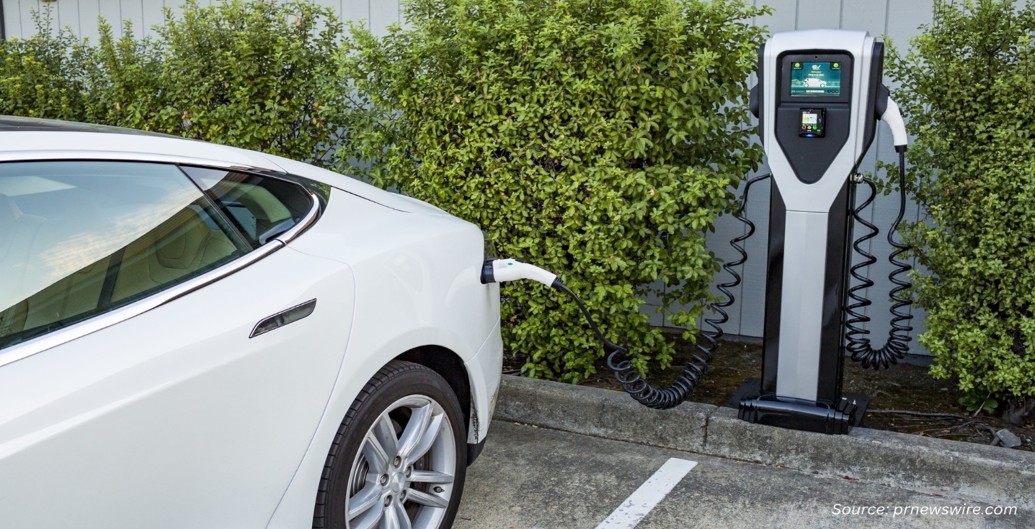
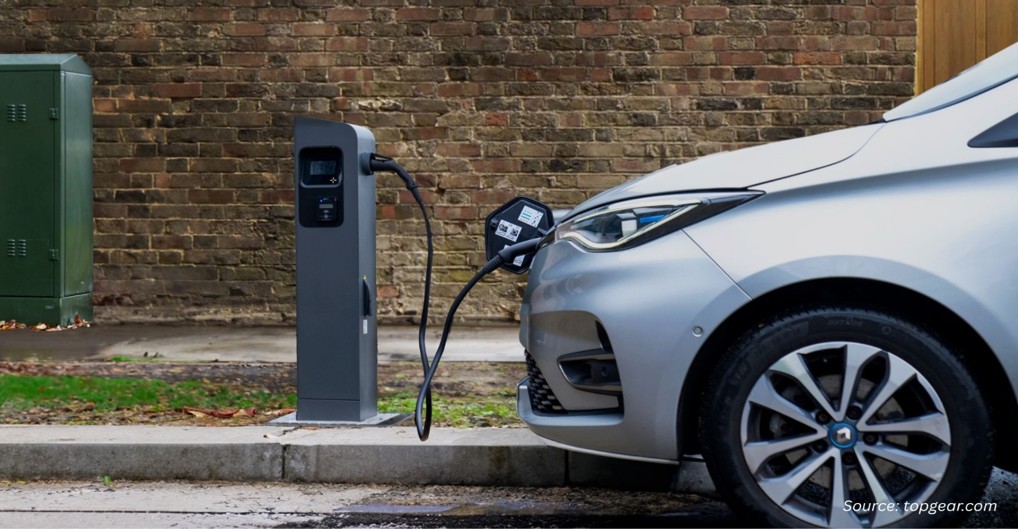








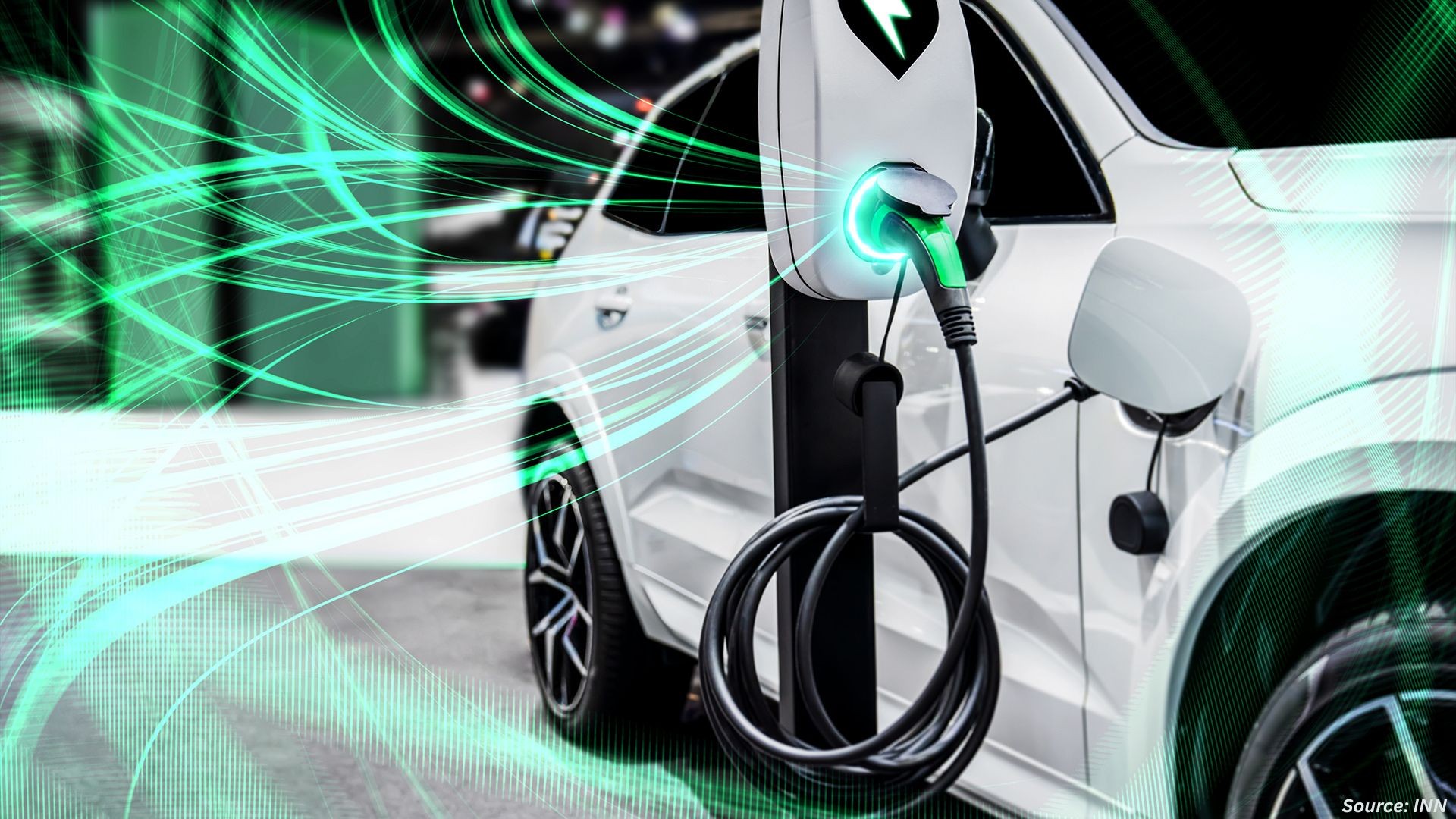

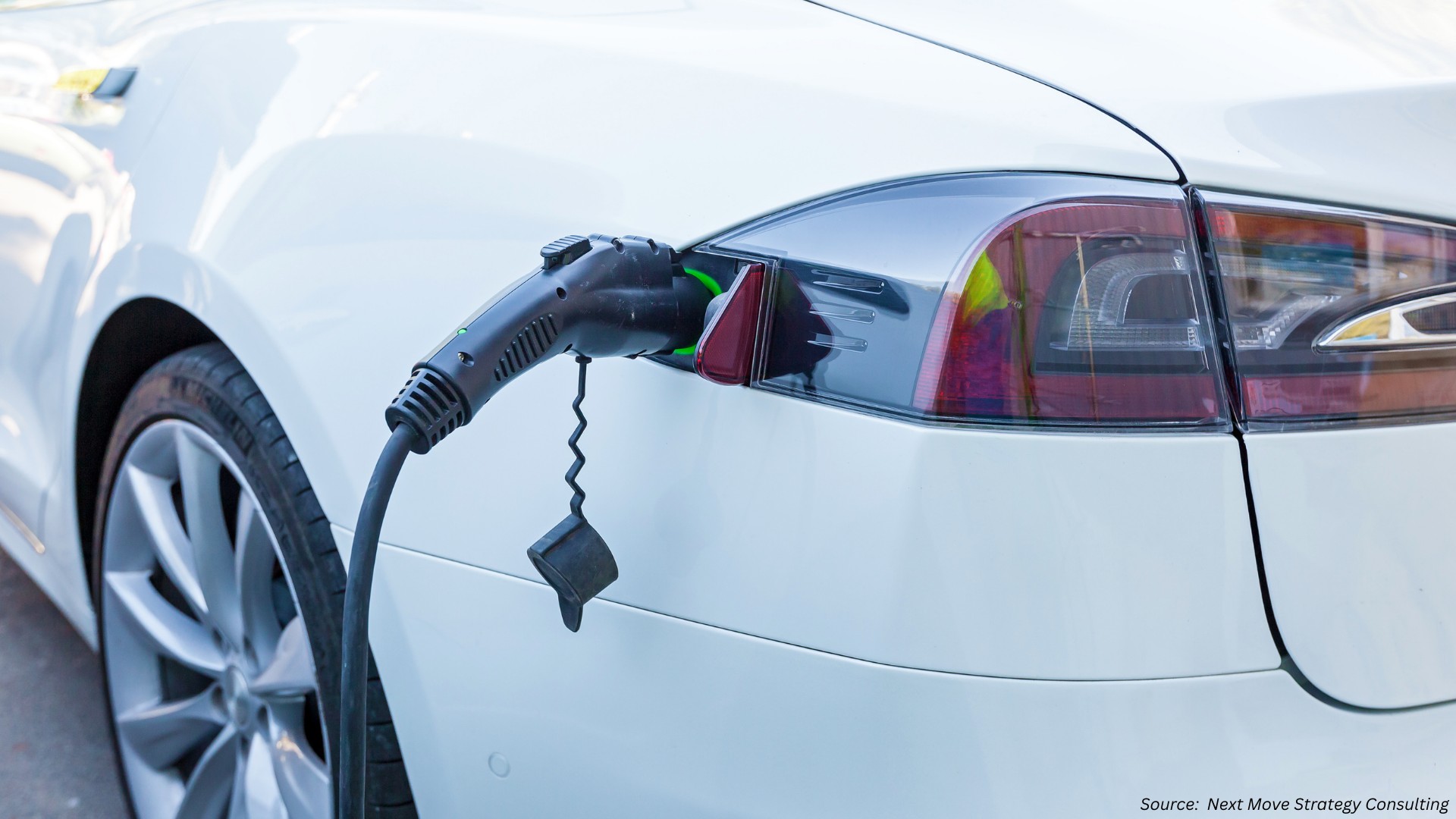
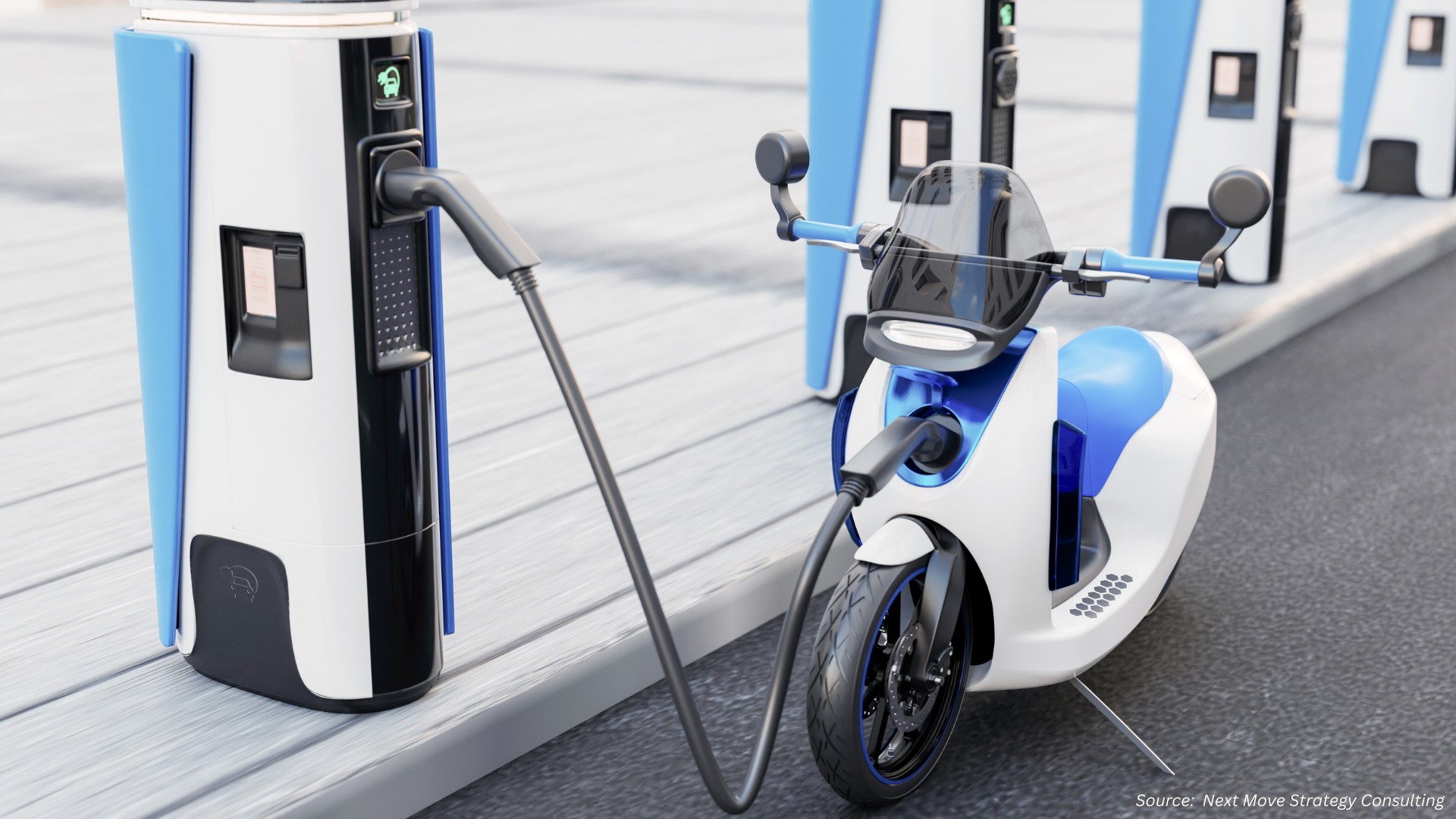




Add Comment